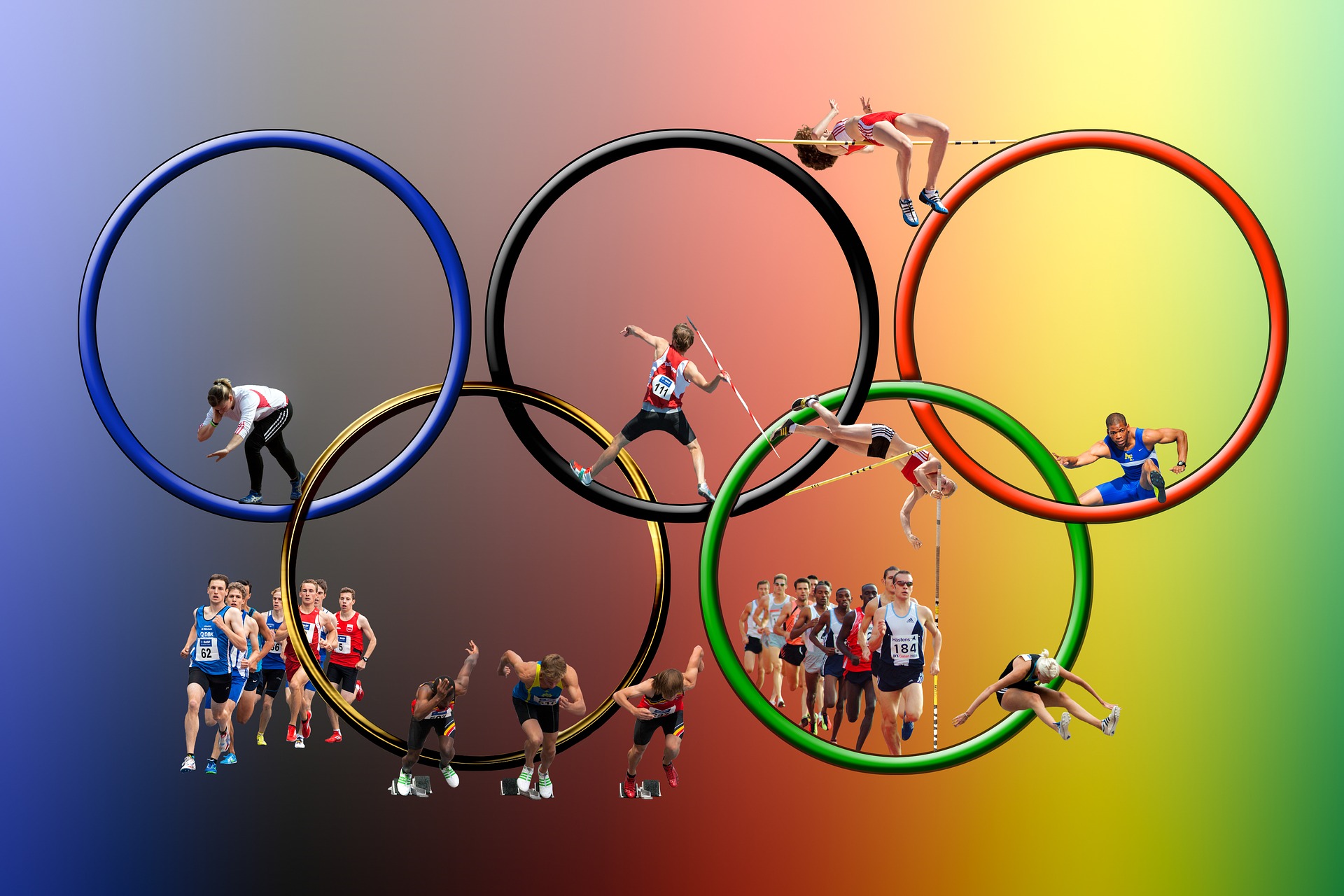
Helen Bradley
Staff Writer
With the Olympic Games being the highest and most respected sporting competition in the world, it requires an event that matches, and honors, the level of athletics that graces games. Hence, the hosting of the Olympics has become prestigious.
With the 2020 Summer Olympics postponed due to the pandemic, athletes, spectators, and organizers alike turn to the upcoming 2022 Winter Olympics that are set to be held in Beijing next February.
However, with the one-year countdown on the horizon, concerns around China being given the honor to host the 2022 games have arisen.
Over the past week, human rights groups have begun speaking out against China’s abuses towards ethnic minorities. The Uyghur-Chinese conflict is an ongoing ethnic struggle mainly situated in the Xinjiang region.
Xinjiang is home to several different ethnic groups and has been a key area within the ethnic disputes for many years. There have been many stories about detainment camps, torture and indoctrination coming out from Xinjiang.
Yet, with China’s constant denial and media bans, such as the one on the BBC, it is hard to fully grasp the extent of these abuses.
On the last day of the Trump Administration, the US State Department decided to officially classify the situation in Xinjiang as genocide, a word the US government uses sparingly.
Following this announcement, 180 rights groups consisting of Tibetans, Uighurs, Inner Mongolians, residents of Hong Kong, and others, petitioned that there should be a boycott of the 2022 Olympic games with the belief being that participation will “embolden the Chinese government’s appalling rights abuses an crackdowns on dissent,” as The Washington Post wrote.
ESPN reported that the groups previously called upon the International Olympic Committee (IOC) to move the games’ location.
However, the IOC claimed that they are just a sporting body and do not get involved in politics.
Considering the IOC’s self-promotion of the Olympic games as a symbol of global harmony and unison, it is a stark statement to sidestep the matter and push it into government and athlete’s hands.
Athletes now face the rare pressure to decide whether to boycott the games in solidarity with the ethnic minorities of China and give up years of preparation or participate and ultimately show support of China and its actions.
Governments are now focusing on how this influences their policies and are being pushed to decide where they stand on the issue.
Canadian and British leaders have already gotten behind the rights groups, pleading with athletes and officials to protest and stay away from the games.
The newly appointed Biden administration is yet to speak specifically on the matter, but it is clearly acting as a key point in the administrations emerging China policy.
The next steps President Biden takes will be careful and precarious, shaping his future relations with China, as the previous Trump administration leaves a midst of US sanctions against China.
President Biden’s decision will not just impact relations with China but also his relations with his own country.
Reuters reported that US Olympic and Paralympic Committee released a statement that they currently “oppose Games boycotts” as they have not proven to be effective at addressing global issues and negatively impact the athletes.
Boycotts have been done before on multiple occasions and there was even talk of boycotting the 2008 Beijing Summer Olympics due to the same ethnic human rights abuses, yet nothing eventuated out of it.
Boycotting would mean athletes would have to wait another four years for a chance to compete. A government decision to boycott could lead to many angry and disappointed athletes and sporting community.
It has been suggested that athletes should hold protests or use the games to make global statements against China instead.
Yet the effectiveness of actions such as that are questionable considering the economic benefits of television ratings would not change and the media coverage can be manipulated to just not show the protests to the world.
China has spoken back in regards to the plans for boycott, saying that the Olympics should not be sabotaged for political purposes.
“China will seriously sanction any country that follows such a call,” tweeted Global Times Editor-in-Chief, Hu Xijin, regarding the calls for a boycott.
No final decisions have been made and it will be a while before we fully hear anyone’s decisions but pressure from rights groups will just continue to grow. The IOC has the power to change the location and revoke China’s host status.
However, they have clearly walked away from the issue leaving it in government and athlete’s hands.
If a boycott were to take place, it would be the first Winter Olympics to be boycotted.
Email Helen At:
hbradley2@live.esu.edu

